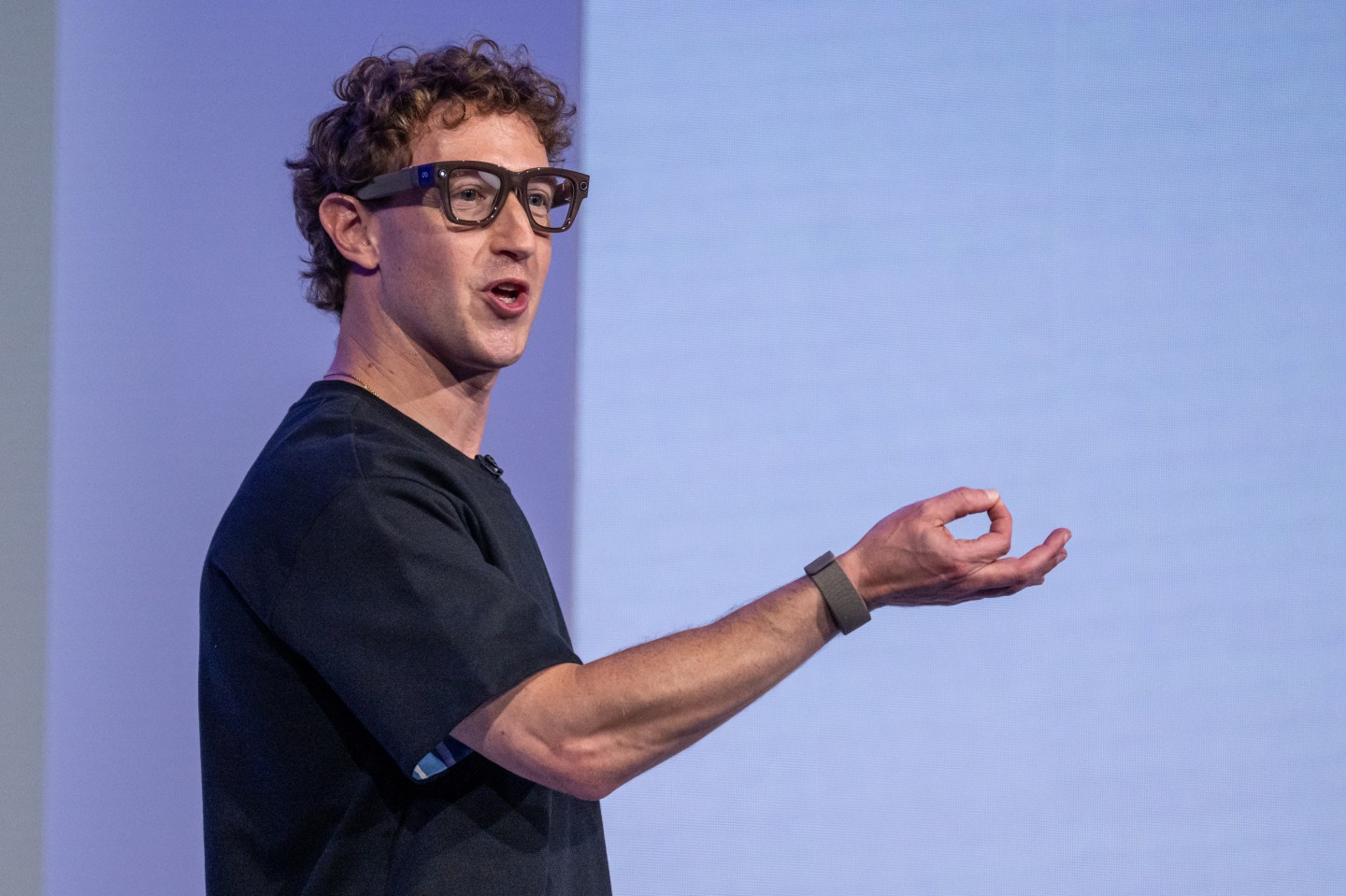For many executives, reading isn’t just a pastime; it’s a performance habit. IBM’s chief commercial officer, Rob Thomas, recently told me that he considers it a discipline worth mastering early in one’s career. Most mornings, he spends two to three hours reading before the workday begins, diving into biographies, history, technology, and sports to understand “what makes people and systems successful.”
He’s hardly alone. Berkshire Hathaway CEO Warren Buffett estimates he spends 80% of his working day reading, a habit he credits for sharpening his judgment over decades. His longtime partner Charlie Munger once put it plainly: “In my whole life, I have known no wise people… who didn’t read all the time—none, zero.”
Meta CEO Mark Zuckerberg famously launched a personal book club in 2015, committing to a new title every two weeks on subjects from globalization to belief systems. “Books allow you to fully explore a topic and immerse yourself in a deeper way,” he said at the time. And JPMorgan Chase CEO Jamie Dimon begins his day before dawn, poring over five newspapers to stay attuned to global currents. He has often stressed the value of reading history books and diverse perspectives to become a more thoughtful leader.
The through line: Great leaders read not just to know more, but to think better.
In conversations with some executives I’ve interviewed this year, three clear reading patterns emerged. Many gravitate toward books on strategy and systems thinking, which sharpen foresight and strengthen decision-making. Others favor works on leadership and psychology to better understand how people think and act. And nearly all incorporate biographies and narrative nonfiction that connect business to the broader human experience.
In terms of when they read, many treat it like training: 30 to 60 minutes of focused reading before the day begins; two to three hours of deep reading weekly (blocked off like a meeting); and flights and commutes reserved for longer, more reflective material.
As for what I’m currently reading? Taking Manhattan: The Extraordinary Events That Created New York and Shaped America by Russell Shorto.
Editor’s note: The deadline to apply for the Fortune Next to Lead list is Monday, Dec.1, 2025. For more information or to submit a nomination, apply here.
Ruth Umoh
ruth.umoh@fortune.com
Smarter in seconds
Rapid reinvention. The IBM exec who wants to bring startup agility to big business
Luxury logic. The secrets to Hermès’s reign as one of the world’s most valuable companies
Complacency risk. CEO of $62 billion software giant Workday warns: ‘There’s nothing more dangerous than yesterday’s success’
Rest reframe. Harvard professor says needing 8 hours of sleep is Industrial Era ‘nonsense’
Leadership lesson
Barry’s cofounder on the work-life balance myth: "Sometimes I feel like I’m striking a good balance, but many days I feel like I just have to wake up and choose who I’m going to disappoint."
News to know
Amazon's CEO said the company's AI shopping assistant, Rufus, is on track to generate an additional $10 billion in sales this year, and customers who use it are 60% more likely to complete a purchase. Fortune
AI pioneer and Nobel laureate Geoffrey Hinton warned that major tech companies are betting on massive job replacement as the most profitable outcome of AI, rather than job creation. Fortune
Trump said Chinese leader Xi Jinping assured him that Beijing would not take any action toward unifying Taiwan with mainland China while Trump is in office. Fortune
After years of “labor hoarding” to avoid losing hard-to-replace talent, U.S. companies are now ending their post-pandemic firing freeze. WSJ
Companies are introducing vulnerability groups tailored for men, a format that has traditionally served women and other underrepresented groups. Bloomberg












